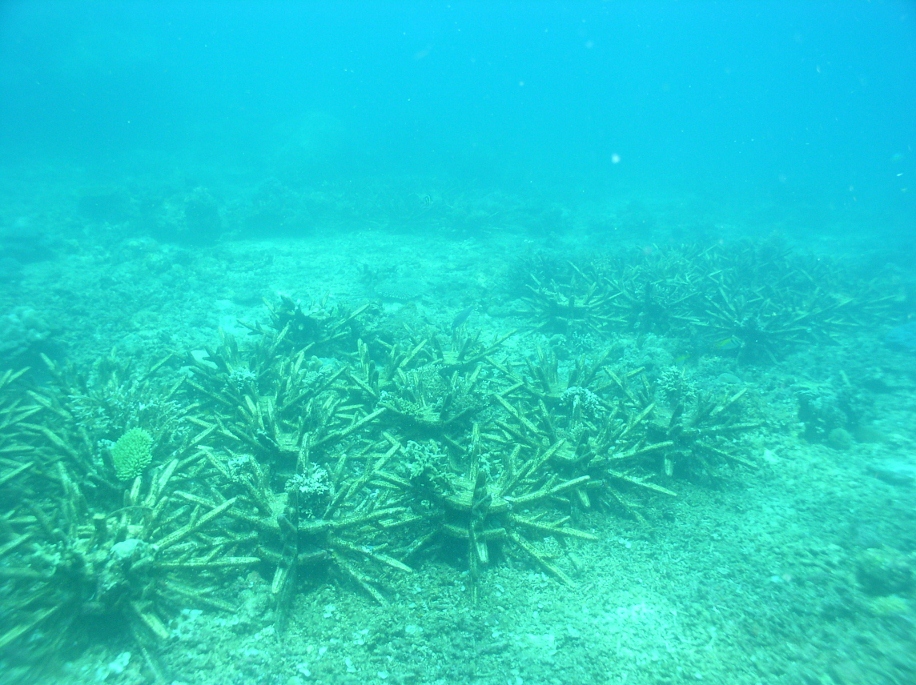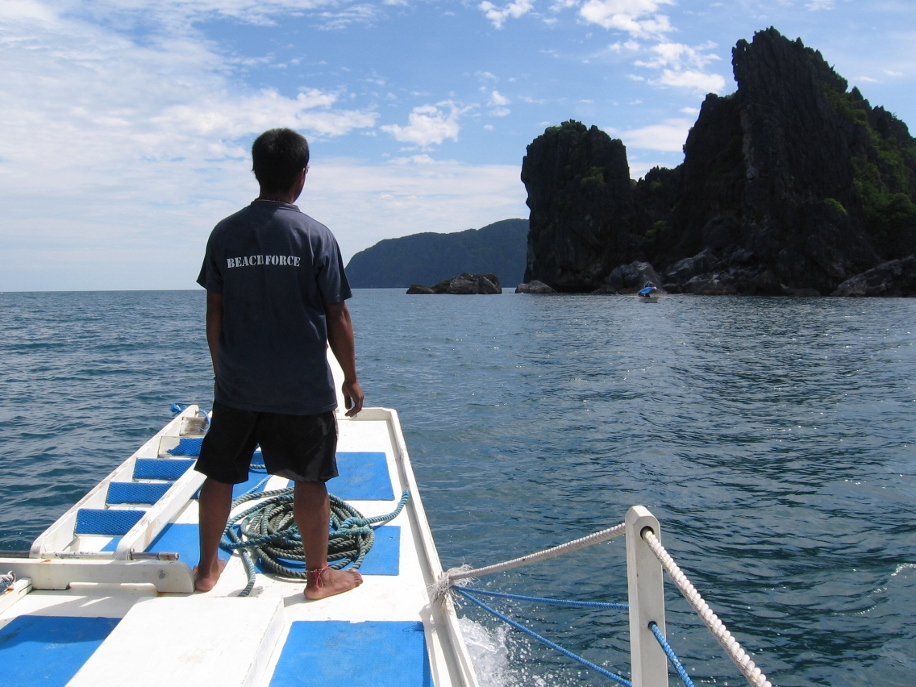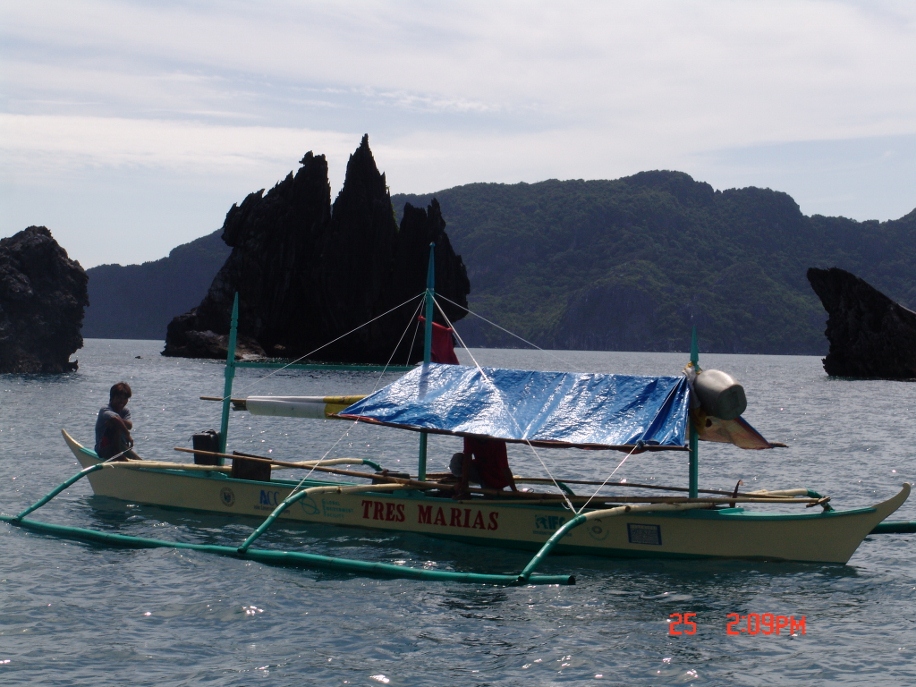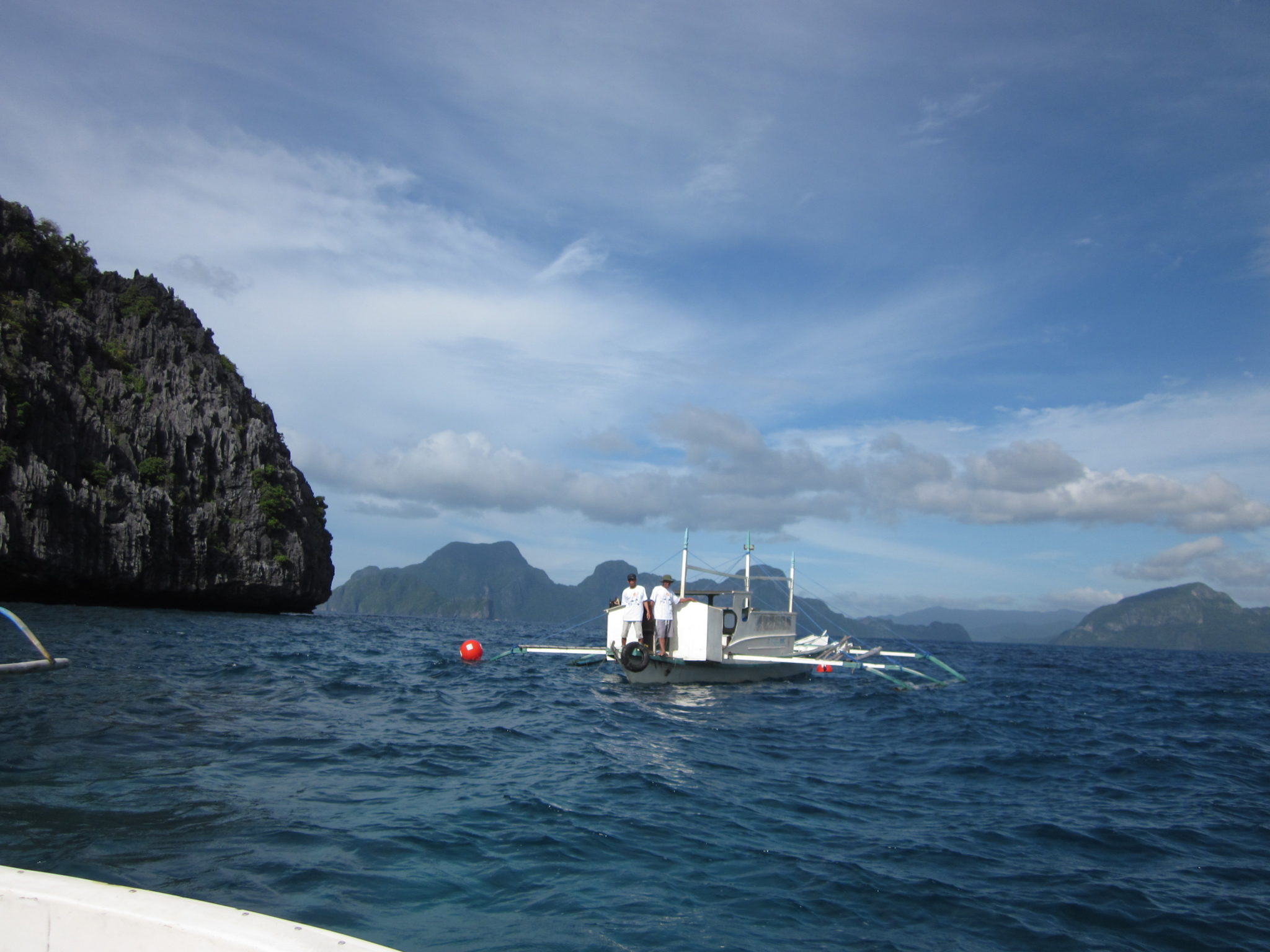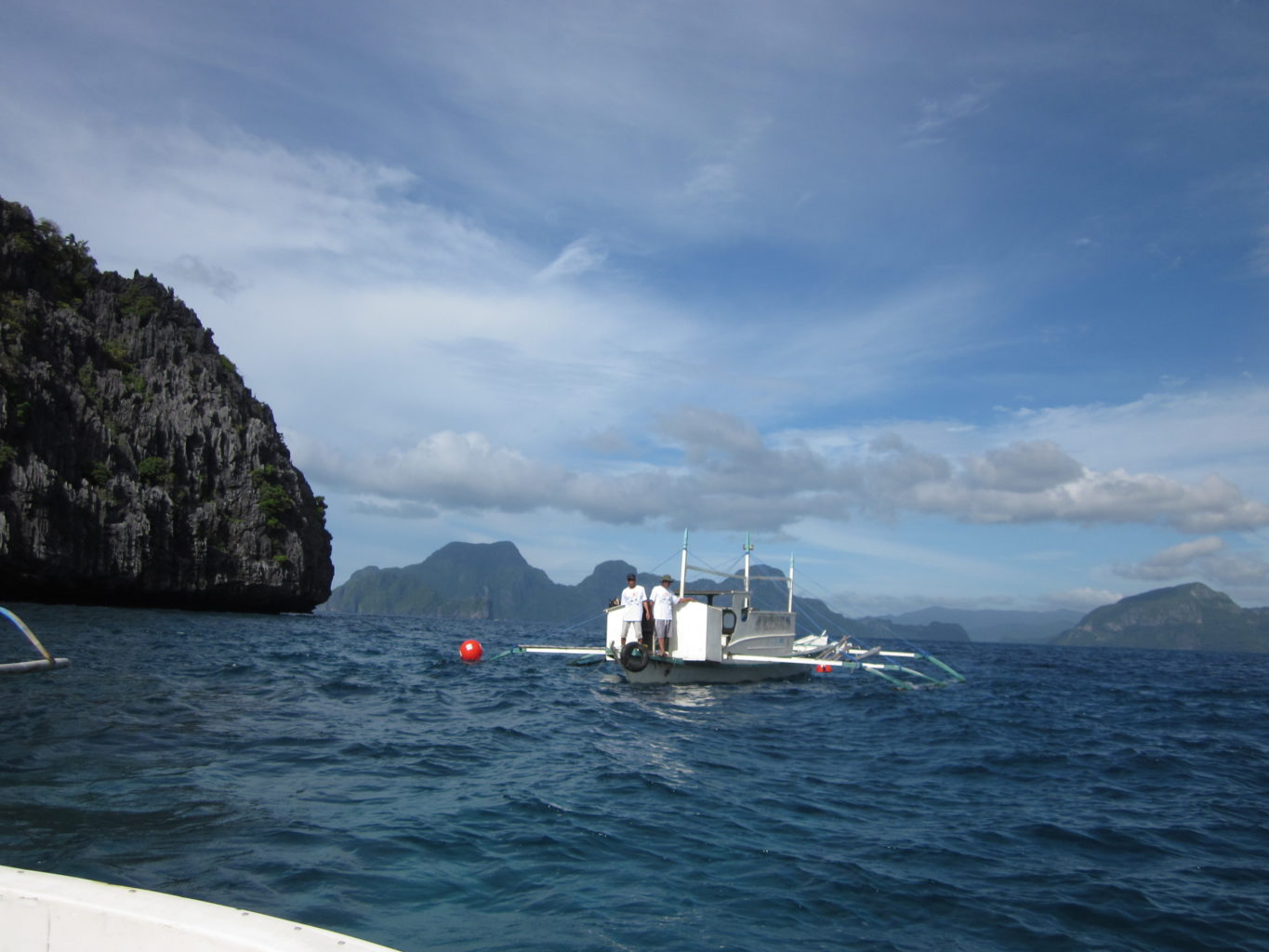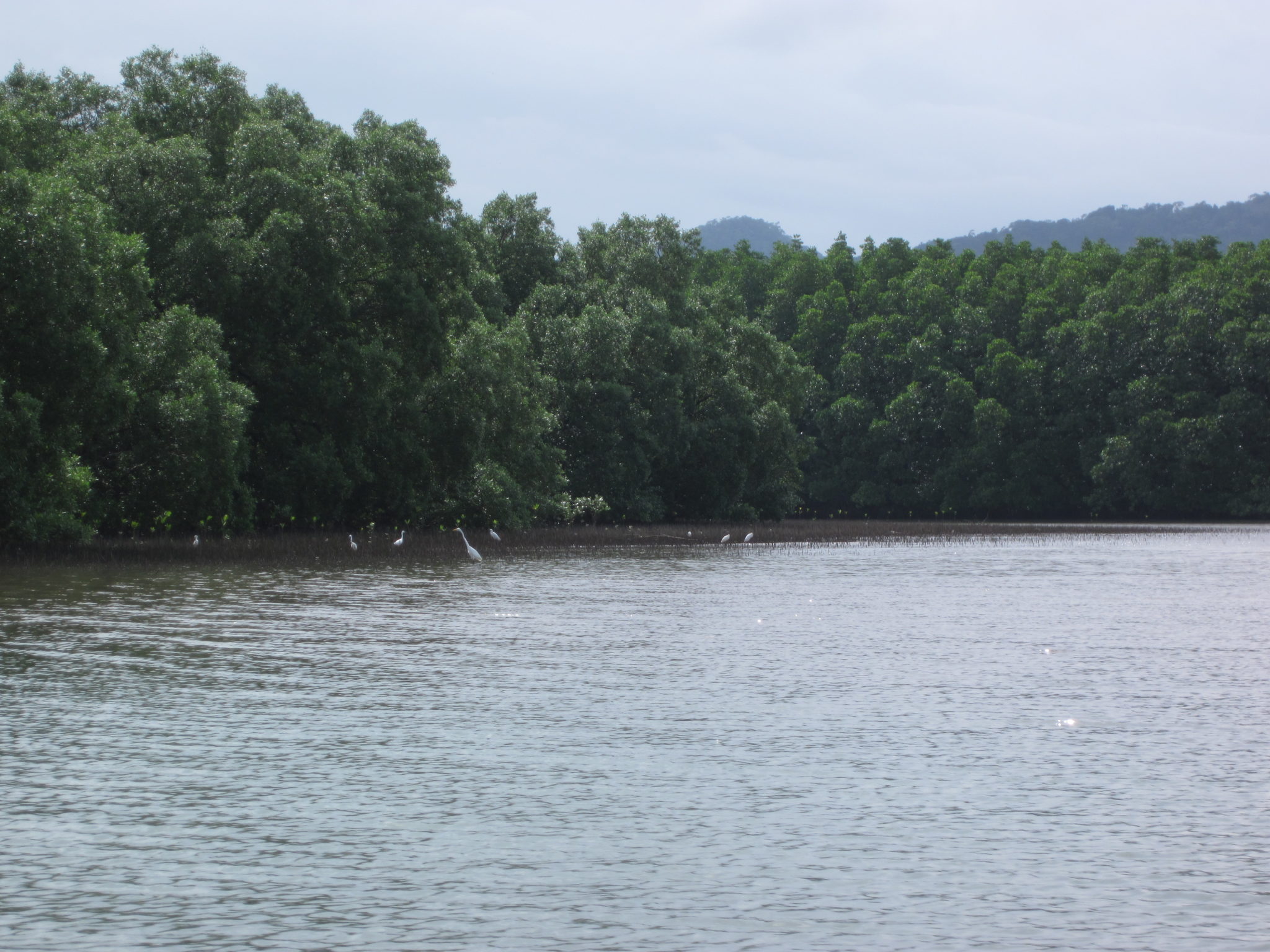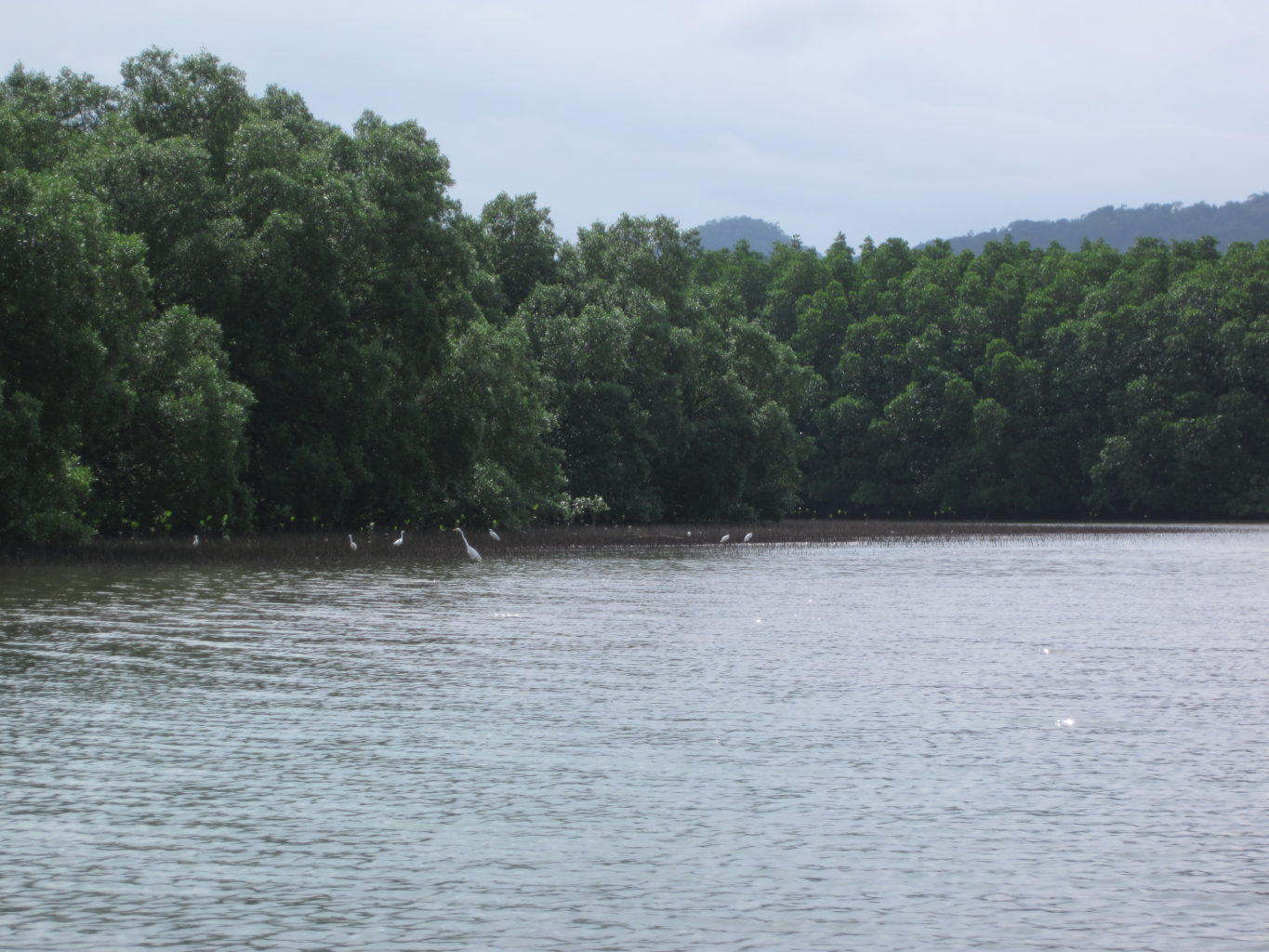The three small uninhabited islands known as Tres Marias lie off beautiful Palawan Island. The marine area surrounding them is part of El Nido’s community fishing ground and is popular with recreational divers. But the area’s fish populations are declining, and the coral reef is degraded.
In response, ten El Nido villages are establishing marine no-take zones totaling approximately 2,000 acres. Working with the El Nido Foundation, Seacology is providing 600 EcoReef modules to help coral grow and restore the reef.


